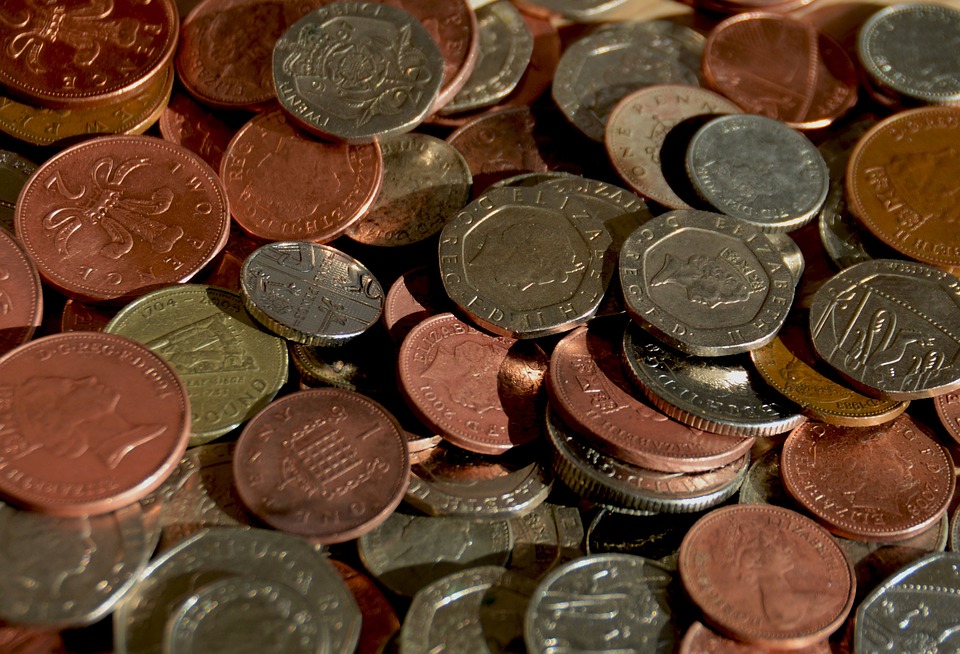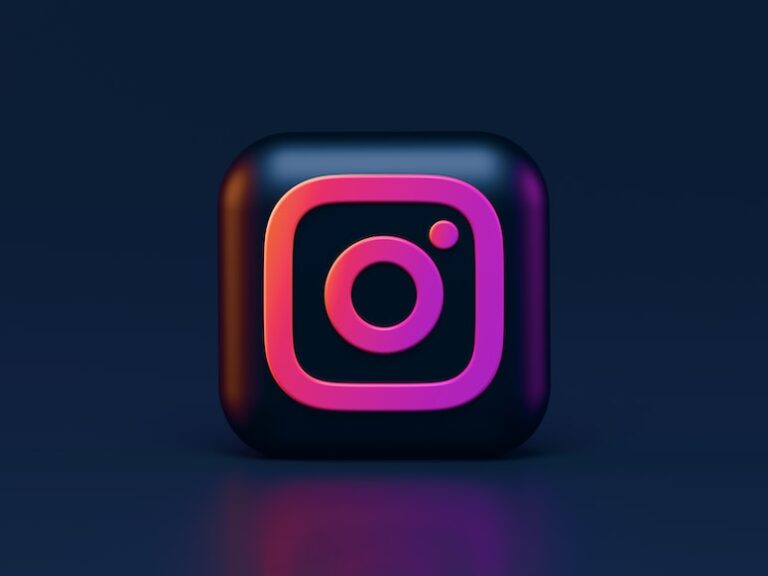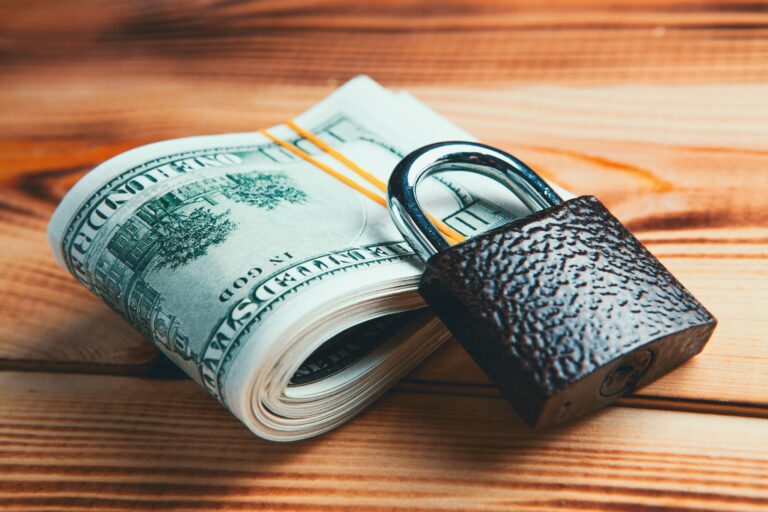Last updated Jun. 21, 2024 by Peter Jakes
As the global economy continues to rebound from the impacts of the COVID-19 pandemic, new rounds of stimulus checks are being sent out to help individuals and families cope with financial hardships. Understanding these payments—how much you can receive, when you can expect to get them, and what you need to do to ensure you receive everything you’re eligible for—is crucial. This comprehensive guide will walk you through everything you need to know about your upcoming stimulus check.
What is a Stimulus Check?
A stimulus check is a direct payment sent by the government to households to stimulate the economy by providing consumers with some extra spending money. These payments are part of broader economic relief packages designed to mitigate the impacts of crises like the COVID-19 pandemic. In general, such checks aim to spur economic activity by increasing consumer spending.
How Much Will You Receive?
The amount of your stimulus check depends on several factors, including your adjusted gross income (AGI), filing status, and the number of dependents you have. For the latest round, here’s how the payments are generally structured:
- Individual filers with an AGI of up to $75,000 will receive $1,400.
- Joint filers with an AGI of up to $150,000 will receive $2,800.
- Heads of household with an AGI of up to $112,500 will also receive $1,400.
- Payments phase out entirely for individuals earning over $80,000, joint filers earning over $160,000, and heads of household earning over $120,000.
- An additional $1,400 is available for each dependent, regardless of age.
It’s important to note that these figures can vary depending on the specific legislation passed.
When Will You Receive Your Check?
The timeline for receiving your stimulus check can vary based on several factors, including whether you have direct deposit set up with the IRS, the method of payment, and the efficiency of the disbursing agency.
- Direct Deposit: If you have your bank information on file with the IRS, you will generally receive your payment the fastest—often within a few weeks from the time the bill is signed into law.
- Mailed Checks: If you’re receiving your stimulus payment via a mailed check, you can expect to receive it several weeks after the direct deposit payments are made.
- Prepaid Debit Cards: In some cases, the government issues stimulus payments via prepaid debit cards, which can also take several weeks to arrive.
How to Check the Status of Your Payment
You can check the status of your stimulus payment using the IRS’s "Get My Payment" tool. This tool will tell you:
- Whether your payment has been sent
- The payment method (direct deposit or mailed check)
- The date your payment was issued
Ensure that your mailing address and bank details are up-to-date to avoid delays.
Do You Need to Do Anything?
Most people don’t need to take any additional steps to receive their stimulus check. However, if:
- You Didn’t File a Tax Return: Non-filers may need to use the IRS’s "Non-Filers" tool to provide their information.
- Your Banking Information Has Changed: If your bank details have changed since you last filed your taxes, you should provide your updated information to the IRS as soon as possible.
- You’re Eligible for Additional Claimed Dependents: Ensure that you claim all eligible dependents on your tax returns or notify the IRS through their tools.
Tax Implications
The stimulus check is not considered taxable income. Therefore, you will not need to pay taxes on it, and it should not affect your 2021 tax return. However, if you received an overpayment, it might be subject to reimbursement or adjustment in the future.
Common Issues and Solutions
While many will receive their payments without a hitch, issues can arise:
- Incorrect Direct Deposit Information: If your bank account has been closed, the payment will bounce back, and the IRS will issue a check by mail.
- Lost or Stolen Checks: If you believe your check has been lost or stolen, you can request a payment trace through the IRS.
- Eligibility Discrepancies: If you believe you did not receive the correct amount, you can claim the difference when you file your 2021 tax return.
Potential Future Stimulus Checks
Given the unpredictable nature of the global economy, future stimulus checks cannot be entirely ruled out. Keep an eye on legislative updates to stay informed about any forthcoming economic relief measures.
✓ Short Answer
Your stimulus check amount depends on your income, with individuals earning up to $75,000 receiving $1,400 and additional amounts for dependents. Direct deposits arrive quickest, and no action is required unless you need to update your information with the IRS.
✓ Short Answer
Your stimulus check amount depends on your income, with individuals earning up to $75,000 receiving $1,400 and additional amounts for dependents. Direct deposits arrive quickest, and no action is required unless you need to update your information with the IRS.
FAQs about Stimulus Checks
What should I do if I didn’t receive my stimulus check?
If you did not receive your stimulus check, first check the status on the IRS’s "Get My Payment" tool. If it indicates that the payment has been issued, but you have not received it, you may need to request a payment trace.
Can I receive a stimulus check if I didn’t file taxes?
Yes, non-filers can still receive a stimulus check. You will need to register using the IRS’s "Non-Filers" tool to provide the necessary information.
Are stimulus checks taxable?
No, stimulus check payments are not considered taxable income. You do not need to include them on your tax return.
Do I need to pay back the stimulus check?
Generally, you do not need to repay your stimulus check. However, if you received an overpayment, there may be provisions for the government to recoup that amount.
My check was lost or stolen. What can I do?
If your check has been lost or stolen, report this to the IRS immediately and request a payment trace.
Will my stimulus payment be impacted by my other government benefits?
No, receiving a stimulus payment should not affect your eligibility for other benefits such as unemployment or Social Security.
How can I update my banking information?
You can update your banking information through the IRS’s "Get My Payment" tool or by filing your latest tax return with updated details.
How do I claim the missed stimulus check for my dependent?
If you missed claiming a dependent, you could report this on your 2021 tax return to receive the correct payment amount.
Do I qualify for another round of stimulus checks in the future?
Future rounds of stimulus checks depend on new legislation. Stay updated with the latest news and federal announcements.
By familiarizing yourself with these points, you can ensure that you receive your stimulus payment smoothly and without any delays or complications. Remember to keep an eye on legitimate sources for any updates or changes to the stimulus payment processes.







